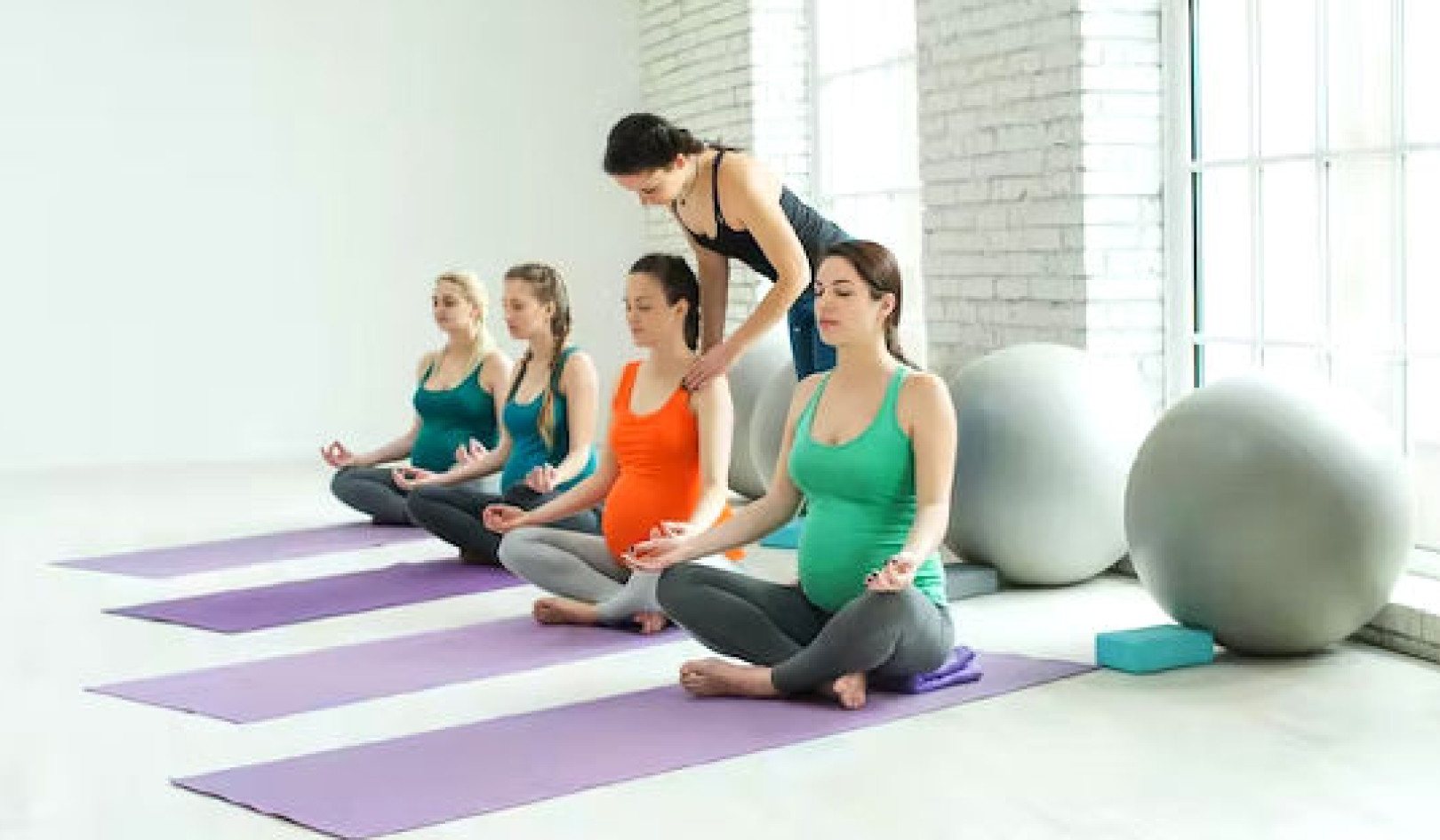
Engaging in cognitively stimulating activities can help build your resilience to cognitive decline. Gene Wilburn/Flickr, CC BY
As we get older we have a greater risk of developing impairments in areas of cognitive function – such as memory, reasoning and verbal ability. We also have a greater risk of dementia, which is what we call cognitive decline that interferes with daily life. The trajectory of this cognitive decline can vary considerably from one person to the next.
Despite these varying trajectories, one thing is for sure: even cognitively normal people experience pathological changes in their brain, including degeneration and atrophy, as they age. By the time a person reaches the age of 70 to 80, these changes closely resemble those seen in the brains of people with Alzheimer’s Disease.
Even so, many people are able to function normally in the presence of significant brain damage and pathology. So why do some experience symptoms of Alzheimer’s and dementia, while others remain sharp of mind?
It comes down to something called cognitive reserve. This is a concept used to explain a person’s capacity to maintain normal cognitive function in the presence of brain pathology. To put it simply, some people have better cognitive reserve than others.
Evidence shows the extent of someone’s cognitive decline doesn’t occur in line with the amount of biological damage in their brain as it ages. Rather, certain life experiences determine someone’s cognitive reserve and, therefore, their ability to avoid dementia or memory loss.
How do we know?
Being educated, having higher levels of social interaction or working in cognitively demanding occupations (managerial or professional roles, for instance) increases resilience to cognitive decline and dementia. Many studies have shown this. These studies followed people over a number of years and looked for signs of them developing cognitive decline or dementia in that period.

As we get older we have a greater risk of developing impairments in cognitive function, such as memory. from shutterstock.com
Cognitive reserve is traditionally measured and quantified based on self reports of life experience such as education level, occupational complexity and social engagement. While these measures provide an indication of reserve, they’re only of limited use if we want to identify those at risk of cognitive decline. Genetic influences obviously play a part in our brain development and will influence resilience.
Brain plasticity
The fundamental brain mechanisms that underpin cognitive reserve are still unclear. The brain consists of complex, richly interconnected networks that are responsible for our cognitive ability. These networks have the capacity to change and adapt to task demands or brain damage. And this capacity is essential not only for normal brain function, but also for maintaining cognitive performance in later life.
This adaptation is governed by brain plasticity. This is the brain’s ability to continuously modulate its structure and function throughout life in response to different experiences. So, plasticity and flexibility in brain networks likely contribute in a major way to cognitive reserve and these processes are influenced by both genetic profiles and life experiences.
A major focus of our research is examining how brain connectivity and plasticity relate to reserve and cognitive function. We hope this will help identify a measure of reserve that reliably identifies individuals at risk of cognitive decline.
Strengthening your brain
While there is little we can do about our genetic profile, adapting our lifestyles to include certain types of behaviours offers a significant opportunity to improve our cognitive reserve.
Activities that engage your brain, such as learning a new language and completing crosswords, as well as having high levels of social interaction, increase reserve and can reduce your risk of developing dementia.

Regular physical activity increases cognitive reserve. Jenny Hill/Unsplash, CC BY
Regular physical activity also improves cognitive function and reduces the risk of dementia. Unfortunately, little evidence is available to suggest what type of physical activity, as well as intensity and amount, is required to best increase reserve and protect against cognitive impairment.
There is also mounting evidence that being sedentary for long periods of the day is bad for health. This might even undo any benefits gained from periods of physical activity. So, it is important to understand how the composition of physical activity across the day impacts brain health and reserve, and this is an aim of our work.
Our ongoing studies should contribute to the development of evidence-based guidelines that provide clear advice on physical activity patterns for optimising brain health and resilience.![]()
About The Author
Michael Ridding, Professor, University of Adelaide
This article is republished from The Conversation under a Creative Commons license. Read the original article.

Related Books:
The New Aging: Live Smarter Now to Live Better Forever
by Dr. Eric B. Larson
This book offers practical advice for healthy aging, including tips for physical and cognitive fitness, social engagement, and finding purpose in later life.
Click for more info or to order
The Blue Zones Kitchen: 100 Recipes to Live to 100
by Dan Buettner
This cookbook offers recipes inspired by the diets of people in the world's "blue zones," where residents commonly live to 100 or older.
Click for more info or to order
Aging Backwards: Reverse the Aging Process and Look 10 Years Younger in 30 Minutes a Day
by Miranda Esmonde-White
The author offers a series of exercises and lifestyle changes to promote physical fitness and vitality in later life.
Click for more info or to order
The Longevity Paradox: How to Die Young at a Ripe Old Age
by Dr. Steven R. Gundry
This book offers advice on healthy aging, including tips for diet, exercise, and stress management, based on the latest research in longevity science.
Click for more info or to order
The Aging Brain: Proven Steps to Prevent Dementia and Sharpen Your Mind
by Timothy R. Jennings, MD
The author offers a guide for maintaining cognitive health and preventing dementia in later life, including tips for diet, exercise, and stress management.
























